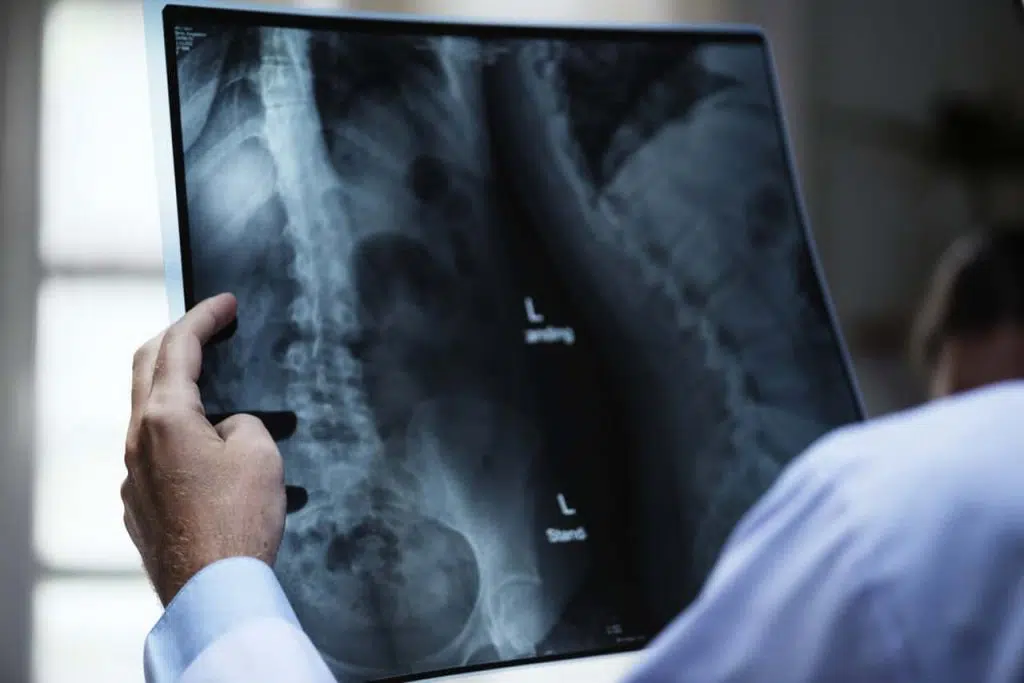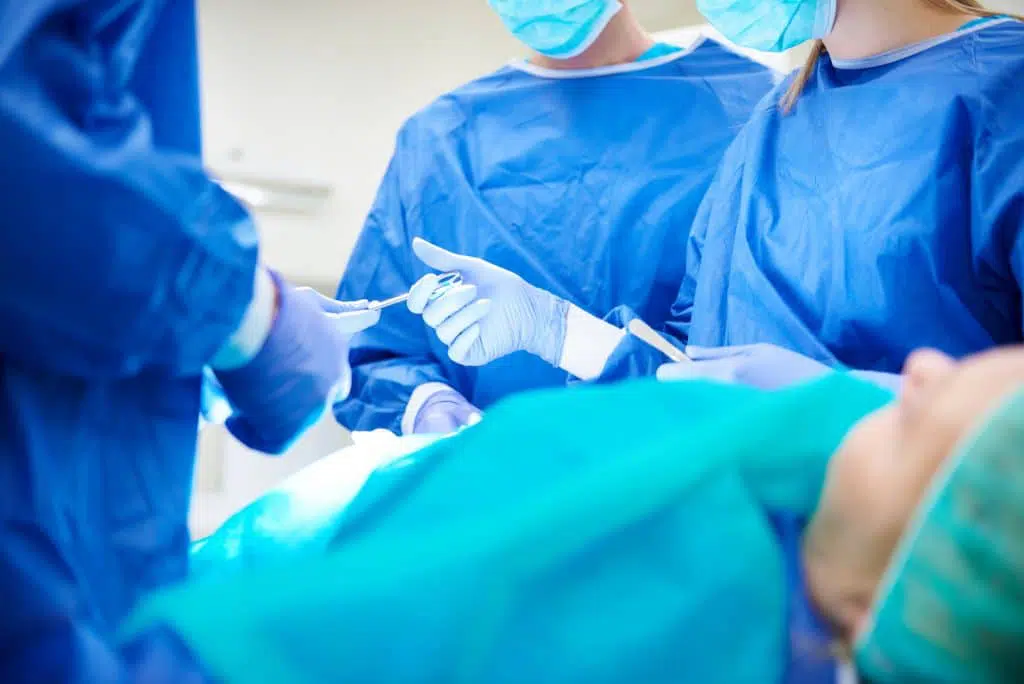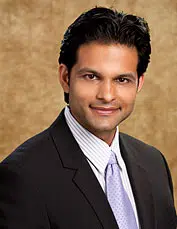Call Now!
Torrance Office: +1 (424) 360-0155

If you're a chronic pain sufferer and have tried other therapies that have failed, our back pain doctors in Torrance may recommend spinal cord stimulation.
Spinal cord stimulators (SCS) are implantable neurostimulation devices designed specifically for managing back pain and neck pain syndromes, as well as other complex conditions. Over 50,000 people have spinal cord stimulators safely implanted every year to deliver long-term pain relief without needing drugs or major surgery. The U.S. FDA approved spinal cord stimulators years ago to treat chronic pain affecting the arms, legs and all regions of the back.
As an alternative to back surgery, pain sensations originate from nervous system cells by sending electrochemical signals to the brain. Since pain signals are part electrical and part chemical, researchers have learned that it is possible to block pain signals using low-voltage electrical currents to stimulate the spinal cord.
Many patients are considered for SCS to avoid minimally invasive spine surgery surgery or spinal fusion surgery.
The arachnoid is one of three protective membranes protecting the spinal cord and brain. The arachnoid may develop painful inflammation due to viral or bacterial infections, spinal surgery complications, epidural steroid injections or spinal cord injuries. Symptoms of arachnoiditis include burning/stinging pain in your lower back and legs, numbness and debilitating muscle spasms. Severe arachnoiditis could cause incontinence and bowel dysfunction.

Also called post-laminectomy (cervical or lumbar) syndrome, failed back syndrome is characterized by recurring or persistent pain involving the legs and lower back. People with failed back syndrome often have a build-up of thickened scar tissue that restricts movement and worsens pain. This type of scar tissue and associated pain cannot be corrected with surgery but responds well to spinal cord stimulation.
A chronic nerve disorder causing intensely painful, burning sensations in the feet, legs, hands and arms, complex regional pain syndrome often arises after injury to the tissues or nerves in or surrounding the affected area. Other symptoms of CRPS include extreme changes to the skin involving sensitivity, moistness and temperature of the skin. Doctors do not know what exactly causes CRPS. Currently, there is no cure for CRPS but implantation of a spinal cord stimulator can give CRPS patients long-term relief of pain.
When the protective layer of myelin covering nerves cells deteriorates and exposes nerve cells to environmental stressors (high blood glucose in diabetics, for example), nerve damage occurs causing pain, tingling, numbness and prickly sensations in various areas of the body. Over 100 different types of neuropathy exist, with each producing specific symptoms characteristic of its underlying cause. Severe signs of a neuropathy involve muscle wasting, partial paralysis, gland/organ dysfunction and burning pain that does not respond to medications.
When you visit Rolling Hills Medical for diagnosis of your chronic pain, back pain and/or neck pain, your doctor will evaluate your candidacy for SCS treatment by determining if you meet the following criteria:
Spinal cord stimulators are initially implanted on a trial basis to determine if the implant works for you. During this trial phase, a lead connected to a trial SCS is implanted temporarily. Trial stimulators are guided by at least one stimulation program customized to address specific areas of your chronic pain. Trial phases are essential for helping patients and their physicians assess whether the implant effectively alleviates pain and for determine which kind of spinal cord stimulator technology works best for you.

If the trial period proves successful with eliminating neck pain, back pain and other chronic pain, your doctor will go ahead with permanently implanting a spinal cord stimulator system. However, since this procedure is a reversible therapy, SCS may be stopped at any time and the implanted components removed or simply turned off.
During implantation of surgical leads, patients are given a general anesthesia. If leads are placed underneath the skin, local anesthetics and light sedation is administered. Leads are placed into the spinal cord's epidural space using a very small needle. The exact location of leads depend on where pain originates. A spinal cord stimulator generator is typically implanted in the buttock or abdominal region.
Most spinal cord stimulator patients return home the same day of the procedure. Upon leaving the hospital, patients are provided with instructions for incision care and how to regulate and program the spinal cord stimulator device.
If you think you may be a candidate for SCS implantation, please call Rolling Hills Medical today to schedule a free consultation appointment.
As a leader in implementing Spinal Cord Stimulators, Rolling Hills Medical offers advanced Spondylolisthesis diagnosis and treatment methods. Our team of multi-disciplinary Pain Management Specialists, we provide personalized care and treatment for each patient, based on their individual needs. Contact our Torrance Pain Management and Spinal Surgeons to discuss Spinal Cord Stimulants. Call us today at 424-250-8699 for evaluation and treatment.
